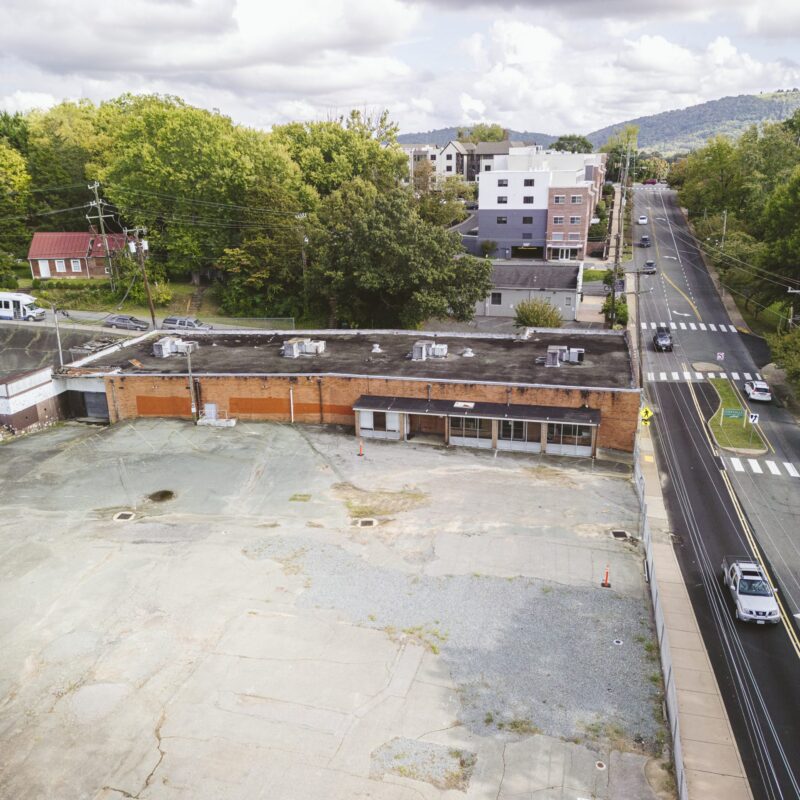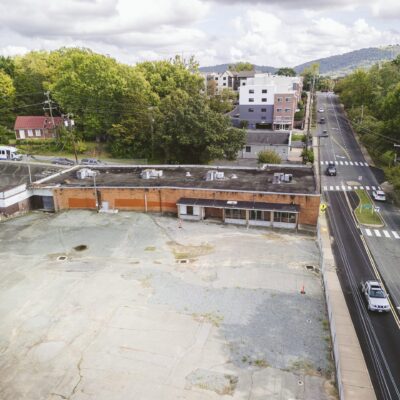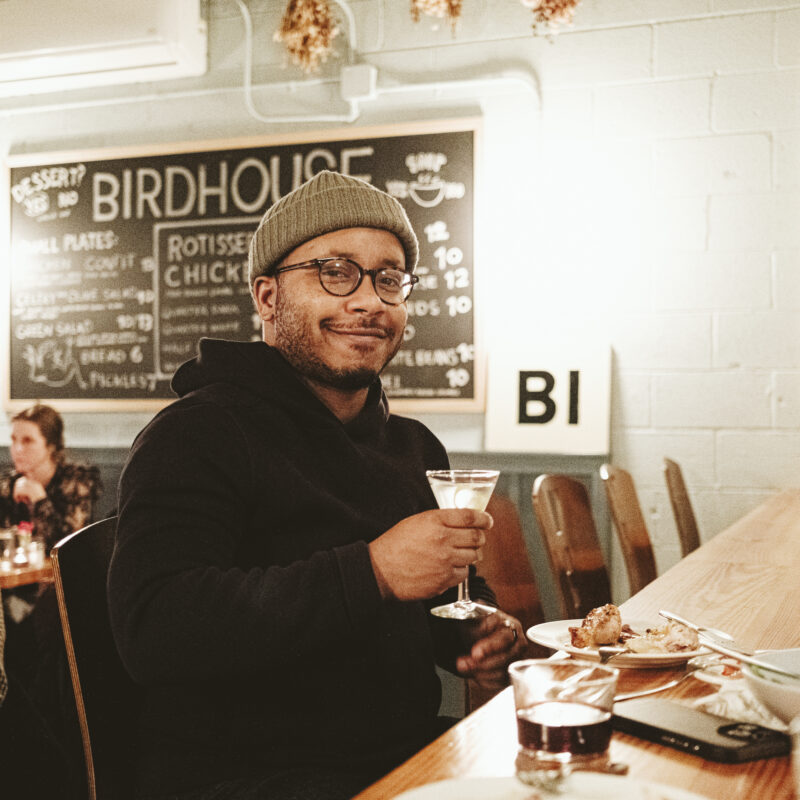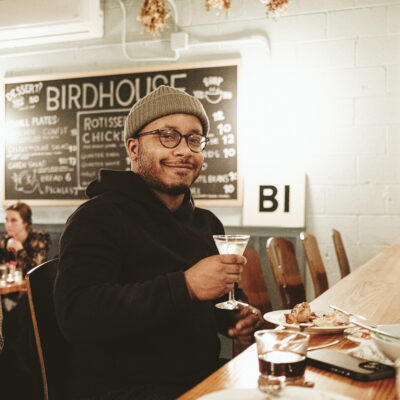Charlottesville Circuit Court ruled today that attorneys for former UVA student and lacrosse player George Huguely, who faces a murder charge in the death of former girlfriend and UVA student Yeardley Love, may review Love’s medical records in judge’s chambers. Judge Edward Hogshire also ruled that cameras from the Virginia Association of Broadcasters and TruTV network would not be allowed inside the courtroom during the February trial.
Attorneys for prosecution and defense both spoke against televised media in the court, citing reasons from "fear of exposure and ridicule" of jurors and witnesses to burdens places on their roles. Hogshire stated that TruTV’s request for "gavel-to-gavel" coverage would require efforts from the court to protect jurors and witnesses for an "untold amount of time."
Defense attorneys stated in recent court filings that jurors’ media exposure could unjustly affect fairness and impartiality. Rhonda Quagliana, one of Huguely’s attorneys, said that recent coverage of jurors in the Conrad Murray trial and extensive local coverage of the Huguely trial suggest places potential jurors in a "super-charged environment."
"It’s not just that people have the ability to seek this stuff out," said Quagliana. "It’s invasive to us."
Defense attorneys also successfully moved to introduce a juror questionnaire to screen the local residents who will decide Huguely’s fate. Jurors, said Quagliana, "don’t know that they’re not going to be interrogated in public." She added that blogging "creates an environment in which people are reluctant or fearful to express their own opinions."
Chapman replied that the questionnaire included questions such as, "Which media do you get your information from," and said there is "no magic relationship between a questionnaire and the ability to select a jury in this case." While Judge Edward Hogshire agreed with many of Chapman’s objections, he ultimately decided that the exceptional media coverage merited an extra step.
"If there was ever a case where a questionnaire was appropriate, I think this is it," said Hogshire. While he agreed with Commonwealth’s Attorney Dave Chapman’s statement that jurors often have not followed cases in the media, Hogshire added, "This is not that case."
Charlottesville Circuit Court will take up the matter of the jury questionnaire on November 18, and hold a hearing on January 20 to address what Hogshire called "any final practical motions," including the presence of photographers in the court during the trial.
To read C-VILLE’s coverage of the Huguely case, click here.



